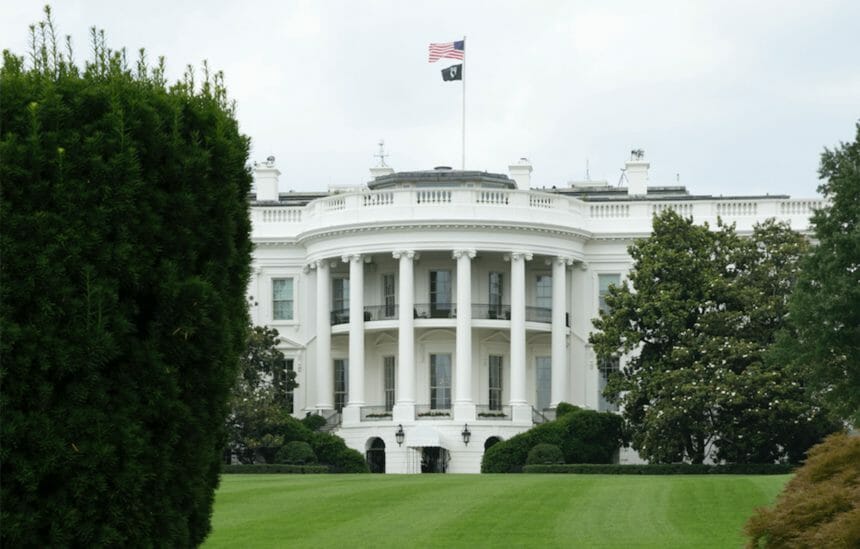
Editor’s Note: President Trump signed the legislation Friday, Sept, 28.
An appropriations “minibus” funding bill that includes a $425 million increase for Alzheimer’s and dementia research funding at the National Institutes of Health is headed for the White House after being passed by the U.S. House of Representatives on Wednesday.
If it is signed into law, the total annual budget for Alzheimer’s and dementia research will be $2.3 billion for 2019. The Senate passed its version of the minibus bill in August.
“Today’s action by the U.S. House and the recent action by the Senate reflect broad, bipartisan commitment to decisively address one of our nation’s highest-impact public health issues through research,” Alzheimer’s Association and Alzheimer’s Impact Movement President and CEO Harry Johns said Wednesday in a statement. This is the fourth consecutive year of increases in Alzheimer’s research funding at the NIH, according to the association.
Alzheimer’s Foundation of America President and CEO Charles J. Fuschillo Jr. expressed appreciation to federal government officials “for recognizing the importance of putting Alzheimer’s front and center and doing so at an unprecedented level.”
“The National Plan to Address Alzheimer’s Disease calls for a cure or disease-modifying treatment by 2025, and this funding gets us on a viable path toward putting this goal within the realm of possible,” he said. “Maintaining the status quo when it comes to Alzheimer’s is not an option.”
More than five million Americans are living with Alzheimer’s disease, according to the organizations.
In addition to Labor, Health and Human Services appropriations, the legislation passed Wednesday also includes Department of Defense and Education appropriations bills for fiscal year 2019, as well as a short-term continuing resolution to temporarily fund remaining government programs until Dec. 7.
Fiscal year 2019 begins Oct. 1.



